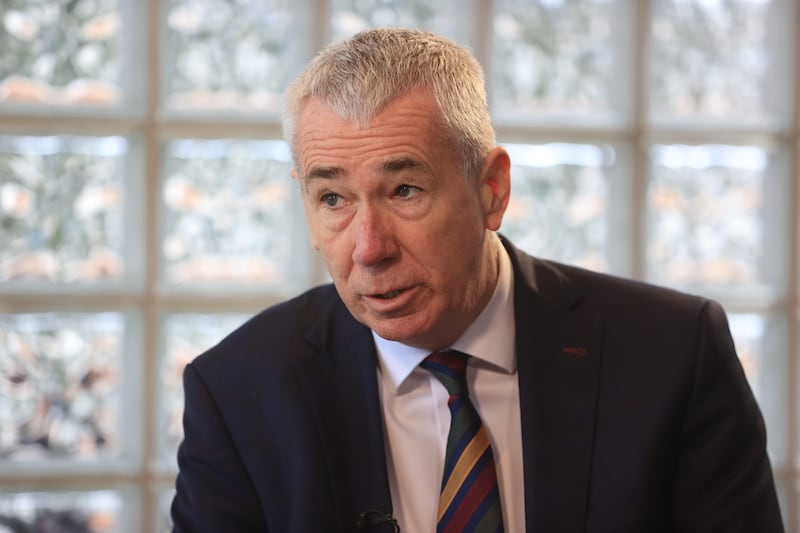The high profile rape case which resulted in the acquittal of Ulster Rugby players earlier this year, raised a number of significant issues and led to widespread protests in Belfast, Dublin and elsewhere.
Following the trial, the Criminal Justice Board appointed retired appeal court judge Sir John Gillen to conduct a review into the law and procedures covering the prosecution of serious sexual offences in Northern Ireland.
Compared to the often snail's pace of criminal proceedings in our courts, Sir John's review was conducted at virtually breakneck speed, producing a preliminary report of more than 400 pages in just over six months.
The judge's brisk approach to the timetable was certainly not to the detriment of the content of his report, which is both comprehensive and far-reaching.
Sir John's team was in direct contact with over 200 organisations and individuals, including complainants, defendants who were found not guilty, statutory and voluntary groups, the legal profession and the media, including journalists from this newspaper.
As he says, his preliminary report is the result of listening closely to the voices of those involved in the criminal justice system and to attempt to address flaws in respect of serious sexual offences.
This is crucially important. There is a major problem in our society in terms of how sexual crimes are viewed, with many victims reluctant to come forward, leading to a significant under-reporting of rape and assault.
Of those who do come forward, many find the process harrowing.
This report has come up with a range of recommendations with arguably the most radical the proposed exclusion of the public from serious sexual offence trials although the press will be allowed to report on such cases.
Other recommendations include providing complainants with a legal representative, challenging 'rape myths' and managing the dangers of social media.
This is an important report which recognises that wide-ranging change is needed to increase confidence in the justice system among victims of rape and sexual assault.







